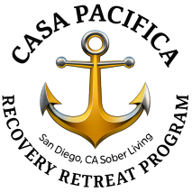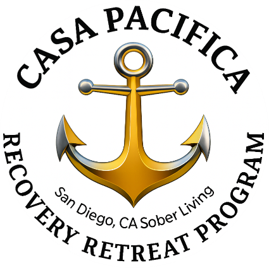Why Are Boundaries Important in Addiction Recovery?
Table of Content
Emotional sobriety is the theoretical end of a journey undertaken to recover from addiction or substance abuse. To some extent, becoming emotionally sober is like reaching satori in Zen Buddhism. You’ll suddenly feel it in a flash of spiritual enlightenment. When this happens, two aspects of life will become crystal clear. The first is a deep assurance you won’t relapse or develop a new addiction. The second involves knowing when to set and keep boundaries. You will feel, in retrospect, that boundary management would have prevented substance abuse in the first place.
Know Your Personal Limits
Setting boundaries refers to your ability to establish clear limits, expectations, and rules of engagement in relationships. The limits are cognitive lines of protection in the relationships we have with others and ourselves. These lines distinguish what you’re thoughtfully comfortable with. They define acceptable behaviors and situations. When you enjoy emotional sobriety, you know exactly how to set boundaries for emotional balance and self respect. To a considerable extent, life is a constant boundary setting exercise. The more skilled you become at it, the better the results.
Set Healthy Boundaries
The primary boundaries should protect your physical, emotional, and mental health. Think about the boundaries set by the Alcoholics Anonymous fellowship. The meeting places are discreet, all attendants get personal space, and empathy is dished out generously for emotional support. This results in physically and emotionally comfortable AA meetings that are conducive to recovery. You can set boundaries around your financial, intellectual, and intimate life. However, the physical, emotional, and mental limits always come first.
Understand How Preset Boundaries Work in Addiction Recovery
The recovery boundaries established by AA meetings are set, maintained, and advanced by the fellowship ethos. A similar dynamic is followed in all recovery programs. At sober living homes, for example, residents follow a list of rules and policies that are essentially preset boundaries. You have daily schedules, curfews, chores, and sessions that form structures, foster healthy behaviors, and keep you away from substance abuse. There’s a tautology angle to these boundaries because you internalize them as you heed them, and they become routine.
Set Boundaries as You Transition
Most established recovery programs feature preset boundaries managed at high levels. The management is stricter at detoxification clinics and rehabilitation centers. At facilities like Encinitas sober living homes, boundary management isn’t as strict. It’s more fluid and efficient. Along the recovery process, you acquire skills to recognize emotional needs, triggers, and capacities. You also develop the self assertiveness and trust required to set strong boundaries. More specifically, you learn to identify self defeating coping mechanisms and people pleasing habits.
You’ll find preset boundaries if you transition into outpatient care. Otherwise, setting them will be your responsibility. The skills you learn through recovery rules will prompt you to establish personal limits in the real world. This will be an intuitive process. For example, abstinence is a strict boundary many alcoholics set without a second thought, and they do it because they’ve learned to accept what is specifically right for them.
If you’re newly sober and you need help with setting boundaries in your life, call on the compassionate team at Casa Pacifica. Along with providing men’s sober living in Encinitas, we work with our individual residents to develop customized plans that integrate treatment, aftercare, and recovery support. Our services include sober companionship, coaching, and mentorship for those who are recovering from addiction to alcohol and other drugs. For more information about our sober living facilities, call us today.









